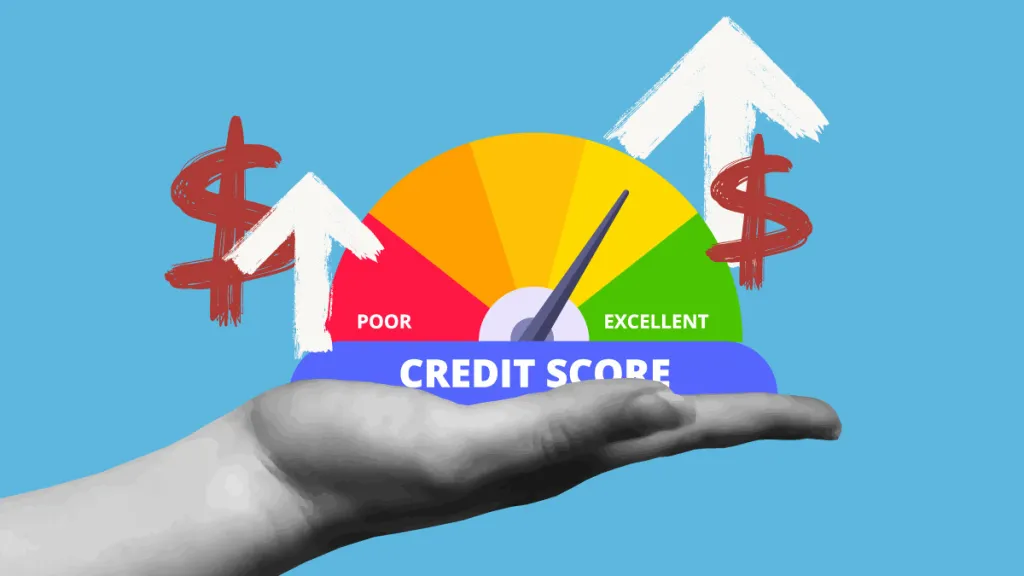Credit Score Increase Tricks for Students: Build Credit from Scratch
Building credit as a student can feel overwhelming, especially when you have little to no credit history. However, a solid credit score is essential for future financial success, helping you qualify for loans, credit cards, and even apartment rentals. This guide will cover smart, beginner-friendly credit score increase tricks specifically designed for students.
Smart Credit Score Increase Tricks for Students with No Credit History
1. Open a Student Credit Card
Many banks offer student credit cards with lower requirements and perks like cashback rewards. Using a credit card responsibly—by making small purchases and paying them off in full—helps establish your length of credit history and build a positive payment track record.
💡 Tip: Choose a card with no annual fee and a low interest rate to minimize costs.
2. Become an Authorized User
If a family member or trusted friend has a credit card with a long length of credit history and a good payment record, ask them to add you as an authorized user. This strategy can help you “borrow” their positive credit history, boosting your score.
💡 Tip: Make sure the primary cardholder has a history of on-time payments, or it could negatively impact your credit.
3. Get a Credit-Builder Loan
Credit-builder loans are designed specifically for individuals with no credit history. These loans work by allowing you to make small monthly payments, which are then reported to credit bureaus, helping you establish a credit history.
💡 Tip: Check with your local credit union or online banks for student-friendly credit-builder loans.
How Students Can Boost Their Credit: Easy Credit Score Increase Tricks
4. Pay Your Bills on Time—Every Time
Your payment history accounts for 35% of your credit score. Even if you don’t have a credit card, paying bills like utilities, phone plans, and rent on time can contribute to your credit profile if reported to credit bureaus.
💡 Tip: Sign up for automatic payments to avoid late fees.
5. Use Experian Boost to Report Rent and Utility Payments
Experian Boost is a free tool that allows you to add rent, utility, and even streaming service payments (like Netflix) to your credit report. This can be a game-changer for students with little to no credit history.
💡 Tip: Only sign up if you consistently pay your bills on time to avoid negative reporting.
6. Keep Your Credit Utilization Low
Credit utilization refers to how much of your available credit you’re using. Ideally, you should keep this below 30% to show lenders that you’re responsible.
💡 Tip: If you have a $500 credit limit, try not to use more than $150 at any given time.
No Credit? No Problem! Credit Score Increase Tricks for Students
7. Apply for a Secured Credit Card
A secured credit card requires a refundable deposit that acts as your credit limit. This is an excellent option for students who are just starting and may not qualify for traditional credit cards.
💡 Tip: After making consistent on-time payments, you may qualify for an upgrade to an unsecured card.
8. Avoid Hard Inquiries
Each time you apply for a credit card or loan, the lender performs a “hard inquiry,” which can temporarily lower your score. Too many inquiries in a short period can make you look risky to lenders.
💡 Tip: Apply for credit only when necessary and focus on options specifically designed for students.
9. Use a Co-Signer to Get a Loan or Credit Card
If you don’t qualify for a credit card on your own, having a co-signer with a solid credit history can help you get approved. However, both you and your co-signer are responsible for the debt, so make sure you make timely payments.
💡 Tip: Only ask a co-signer if you’re confident in your ability to make payments on time.
Beginner-Friendly Credit Score Increase Tricks for Students with Limited Credit
10. Monitor Your Credit Score Regularly
Keeping track of your credit score helps you understand how your actions impact your financial standing. Many banks and free services like Credit Karma allow you to check your score without affecting it.
💡 Tip: Check for any errors on your credit report and dispute them immediately to avoid unnecessary damage to your score.
11. Keep Your Old Accounts Open
The length of credit history plays a significant role in your credit score. Even if you get a new card with better perks, keep your oldest accounts open to maintain a longer credit history.
💡 Tip: If you no longer use an account, make a small purchase every few months to keep it active.
Final Thoughts: Start Building Your Credit Today!
Building a strong credit score as a student may seem challenging, but with these strategies, you can establish a solid foundation for financial success. Whether it’s becoming an authorized user, using a secured credit card, or taking advantage of Experian Boost, small actions can make a big impact over time.
📢 Take Action Today!
At Cents Savvy, we specialize in credit repair and tax resolution services to help you take control of your financial future. If you’re struggling to build or improve your credit score, contact us today for expert guidance!

